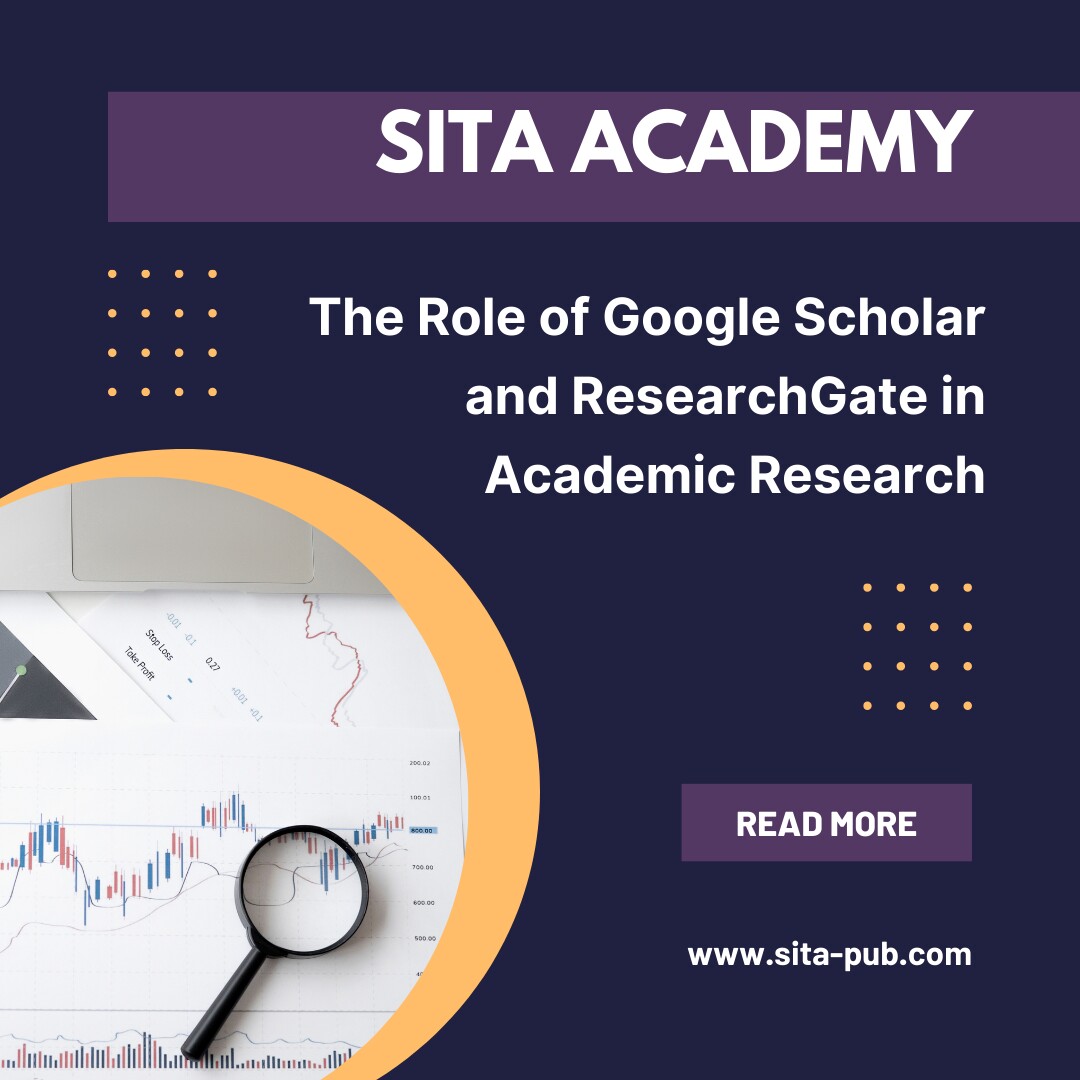The Role of Google Scholar and ResearchGate in Academic Research


In the modern academic landscape, researchers have access to numerous online tools that facilitate their work. Two of the most significant platforms are Google Scholar and ResearchGate. Each serves a unique role in the research process, making them essential for scholars looking to share knowledge and connect with the research community.

Google Scholar is a free search engine designed specifically for scholarly literature. It allows users to find scholarly articles, research publications, theses, books, conference papers, and patents from a wide range of disciplines. This platform simplifies the process of searching for academic literature and provides access to valuable research tools.
Comprehensive Database: Google Scholar indexes a vast array of academic resources. This diversity allows researchers to find relevant studies and articles in their fields quickly. Whether you are looking for peer-reviewed journal articles or conference proceedings, Google Scholar has it covered.
Citations and Metrics: One of the standout features of Google Scholar is its citation metrics. Users can see how often a particular paper has been cited by others. This information is crucial for understanding the impact of research work and identifying influential studies within a specific area.
User-Friendly Interface: The interface of Google Scholar is designed to be intuitive. Users can easily enter keywords or phrases to find relevant papers, making it accessible to both seasoned researchers and those new to academic work.
Access to Full Texts: Google Scholar often links to full-text versions of articles available through open-access resources or institutional subscriptions. This feature is particularly beneficial for researchers who may not have access to certain journals.
Alerts and Notifications: Researchers can set up alerts for new publications that align with their interests. This keeps them informed about the latest developments in their fields, ensuring they do not miss important research.

ResearchGate is a social networking site specifically for researchers and scientists. It enables users to share their papers, ask questions, and collaborate with peers. Researchers can create profiles that showcase their work and connect with others in their field.
Networking Opportunities: ResearchGate fosters connections among researchers, making it easier to collaborate on projects and share ideas. This platform is particularly useful for building professional relationships within the academic community.
Profile Creation: Users can create detailed profiles that highlight their research interests and accomplishments. This visibility can lead to more opportunities for collaboration and engagement with other researchers.
Direct Communication: The platform allows researchers to communicate directly through messaging. This feature facilitates discussions about research projects and allows users to seek advice or feedback from peers.
Access to Research Outputs: Researchers can upload their publications, making them available to a broader audience. This increases the visibility of their work and can lead to more citations and recognition.
Metrics and Analytics: ResearchGate provides useful statistics on how often papers are read or cited. This data helps researchers understand their work's reach and impact within the academic community.
Google Scholar: One of the key advantages of Google Scholar is its accessibility. Anyone with an internet connection can use it to search for academic literature across various subjects. This openness makes it a valuable resource for students, educators, and researchers alike.
ResearchGate: While ResearchGate requires users to register for an account, it offers a more personalized experience. This registration process allows users to customize their profiles and engage more deeply with the community.
Google Scholar: The main purpose of Google Scholar is to help researchers locate and access scholarly articles and academic literature. It is primarily a search tool focused on finding relevant research.
ResearchGate: In contrast, ResearchGate functions as a social network for researchers. It emphasizes sharing work, networking, and fostering collaboration within the academic community.
Google Scholar: This platform indexes a wide range of academic content, including journal articles, theses, and patents, providing users with a comprehensive view of available literature.
ResearchGate: ResearchGate focuses on research publications and discussions. It allows users to share their findings and engage in meaningful conversations about their work.
Both Google Scholar and ResearchGate play vital roles in academic research. Google Scholar offers an efficient way to find scholarly literature, while ResearchGate enhances networking and collaboration among researchers.
As the academic landscape continues to evolve, these platforms will remain essential resources for scholars worldwide. They improve the research experience by facilitating knowledge sharing and collaboration. By using Google Scholar and ResearchGate, researchers can enhance their work and contribute significantly to their fields, ensuring that their research reaches those who can benefit from it most.

At SITA Academy, we support you in publishing your research papers. Our team provides expert guidance throughout the publishing process. Whether you need assistance with journal selection, formatting, or submissions, we’ve got you covered.
If you have any questions, inquiries, or would like to learn more about our services, please don't hesitate to reach out to us. Our dedicated team is ready to assist you.